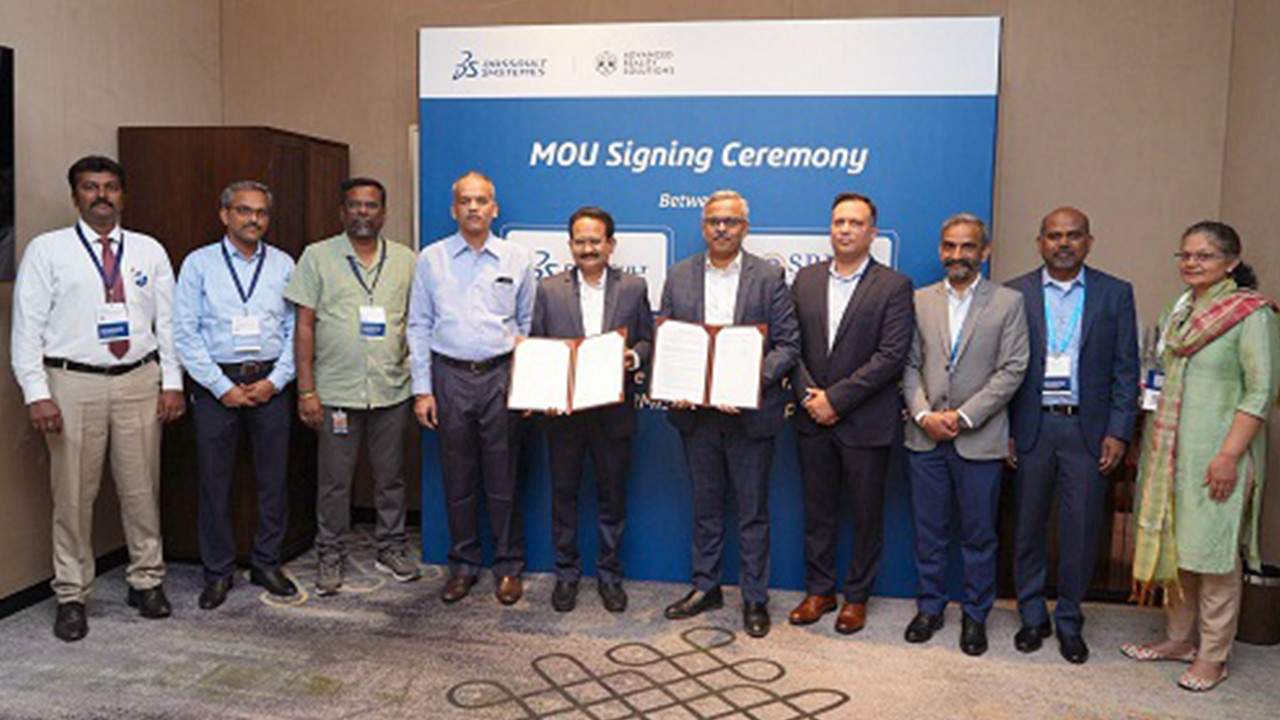Insights on how to Minimize wastage In The Food Value Chain
#ESG #FMCG #Minimizing #Valuechain #SustainabilityThe food industry has been working around the clock to create food that is more nutritious as well as solves its numerous issues. Dr. H N Mishra, Professor, Agricultural and Food Engineering Department, IIT Kharagpur shares with the ProMFGmedia team the solutions to reduce the waste in the food chain value.
Minimizing the huge waste from the value chain and improving nutritional value, flavor, color, and quality of the food are the most critical issues that the industry needs to resolve. The focus on all these issues is the need of the hour.
The industry needs to have an end-to-end holistic approach and there are five keys to success that will add value in the processed food and food sector. We need to first address the issues in the production which is the farming sector. There is a need for a holistic approach in the entire farm-to-table journey wherein the post-harvest management for reducing the wastage and processing & value addition, innovation, and packaging play a vital role in overcoming the issues. The farming industry, animal husbandry, horticulture, etc., need to implement good production and agricultural practices which will ensure the proper quality of raw materials eventually suitable for processing and value addition. The farmers should opt for genetic engineering or biofortification or any technology which will ensure the good quality of raw materials for processing.
We need to focus on contract farming wherein the farmers will be able to receive the technological inputs, awareness of the quality of seeds, ultimately helping them to increase their productivity. Besides, the processing industry needs to introduce many more innovative technologies since traditionally in India, we have been using thermal technologies which have currently revealed the aftermath effects on the products. The loss of the quality and nutritional value are few side effects of the thermal technologies and thus the industry is now opting for minimal processing strategies wherein minimum processing practices will be implemented to get the desired output. Advanced Thermal technologies and non-thermal technologies are alternate to thermal technologies that should be highly encouraged. Technologies such as biopreservation, use of the electric field, pulsed electric field, or even ultrasound are proven to increase the nutritional value of the product and thus industries must adopt such good practices.
The supply chain management from the farm to the processing industry is critical as the agricultural commodities need precise attention due to their perishable nature. It is important that the material delivered to the processing point is in good condition. One has to understand that the processor cannot create magic and that is why it is of prime importance that they adopt proper supply. In India, the farms are scattered, unorganized, and thus create numerous small holding of produce in batches, which needs an organized collection mechanism thus avoiding the waste and saving the produce from perishing. The later part where packaging plays a vital role also controls the quality of the product before it is received by the consumers. The industry needs to invest and encourage smart packaging systems, modified atmosphere packaging, etc., IoT which can help them trace the transportation but also guard the quality of the produce. The advanced technologies can bifurcate the products such as fruits and vegetables and move to primary processing and collection centers wherein the grade- one material can be transported to supermarkets whereas the second category can be sub-categorized, transporting them to wholesale markets or supermarkets. To deliver the cut and clean fruits & vegetables to the markets, the industry can employ a lot of youth and women from the villages, which will be generating employment and creating a sustainable environment. The industry and government need to encourage entrepreneurs and startups.
In the value chain, the backward linkage or the forward linkage, it is highly essential to minimize the wastage across the value chain and in the current scenario, the burning of paddy crops, especially in the northern states of India has created a more hazardous environment. The most essential issue in the current scenario is the zero-discharge based management wherein every part of the crop should be reused and considered as valuable materials which also comprises fruits and vegetables. The extracts from the fruits are high-quality ingredients that can be used as antioxidants, bio-actives, etc., and with a proper channel of collection and technologies, they can also improve the quality of soil while acting as manure.
The industry also needs to work heavily on non – biodegradable commodities such as plastic which is the biggest nuisance for the environment. The plastics can be innovatively reused as building materials and thus reduce environmental pollution. Hence, to improve the value in food and nutrition, as well as to reduce the losses in the value chain post harvest, proper management and innovation is the key.

NEWSLETTER
TRENDING ON PRO MFG
MORE FROM THE SECTION







